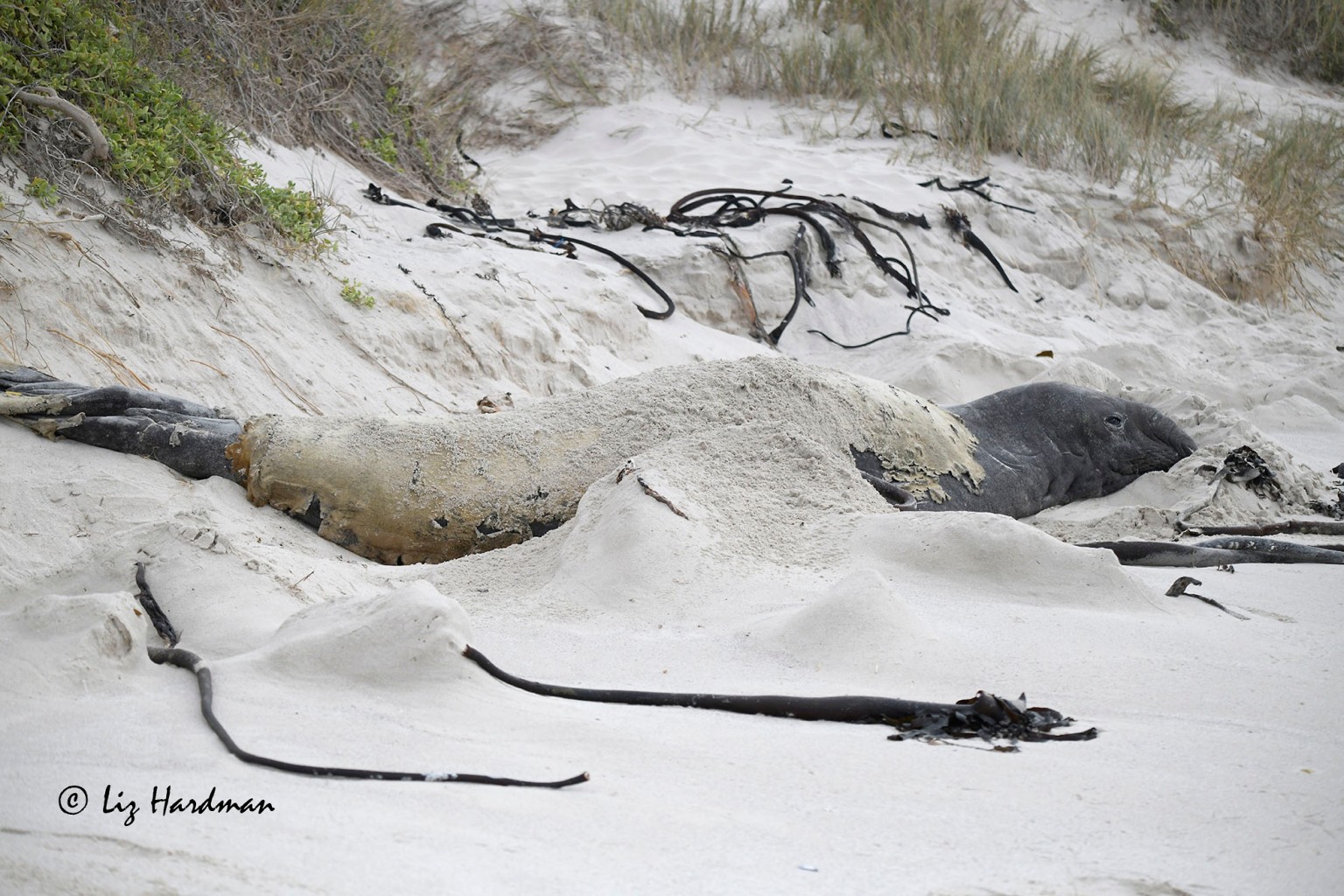Lagarde's Strategy: Elevating The Euro's Global Standing

Table of Contents
Combating Inflation and Stabilizing the Euro
Interest Rate Hikes and Quantitative Tightening
The ECB, under Lagarde's leadership, has significantly increased interest rates to combat persistently high inflation. These interest rate hikes aim to curb borrowing and spending, thereby reducing demand-pull inflation. Simultaneously, quantitative tightening (QT) – the reduction of the ECB's balance sheet through the unwinding of its asset purchase programs – has decreased the money supply, further contributing to tighter monetary conditions.
- Increased borrowing costs: Higher interest rates make borrowing more expensive for businesses and consumers, leading to reduced investment and consumption.
- Reduced money supply: QT reduces the amount of money circulating in the economy, lowering inflationary pressures.
- Impact on investment: Higher borrowing costs can dampen business investment, potentially slowing economic growth in the short term.
- Attracting foreign investment: Higher interest rates can make Eurozone assets more attractive to foreign investors, increasing demand for the Euro and potentially supporting its exchange rate.
Managing Inflation Expectations
Successfully managing inflation requires not only monetary policy actions but also effective communication. Lagarde's transparent and consistent communication strategy plays a crucial role in anchoring inflation expectations. Clearly outlining the ECB's objectives, its assessment of the economic situation, and its planned policy responses helps to guide market expectations and build confidence.
- Forward guidance: Providing clear signals about the future path of monetary policy helps to shape market expectations and influence inflation.
- Transparency in decision-making: Open and transparent communication about the ECB's decision-making process enhances credibility and trust.
- Impact on consumer confidence: Clear communication about inflation control helps to manage consumer expectations, potentially reducing wage demands and preventing a wage-price spiral. However, successfully balancing inflation control with maintaining economic growth remains a significant challenge.
Strengthening the Eurozone Economy for a Stronger Euro
Promoting Economic Growth and Diversification
A strong Eurozone economy is essential for a strong Euro. Lagarde has emphasized the need for sustainable and inclusive economic growth through various initiatives. These include boosting investment in green technologies to achieve climate neutrality, promoting digital transformation to enhance productivity, and supporting small and medium-sized enterprises (SMEs) – the backbone of the Eurozone economy.
- Investment in green technologies: Transitioning to a green economy creates new opportunities for growth and innovation while mitigating climate risks.
- Digital transformation initiatives: Investing in digital infrastructure and skills enhances productivity and competitiveness.
- Support for small and medium-sized enterprises (SMEs): SMEs are critical drivers of job creation and economic growth within the Eurozone.
Improving Fiscal Coordination
Effective fiscal coordination among Eurozone member states is vital for macroeconomic stability and the Euro's strength. The ECB encourages member states to pursue responsible fiscal policies, reducing national debt levels and increasing investment in public goods. This coordinated approach enhances the Eurozone's resilience to external shocks and improves the overall economic outlook, boosting confidence in the Euro.
- Reduced national debt levels: Lower debt reduces vulnerability to financial crises and frees up resources for productive investments.
- Increased investment in public goods: Investments in infrastructure, education, and healthcare enhance long-term economic potential.
- Improved economic resilience: Coordinated fiscal policies create a stronger and more stable Eurozone economy.
Navigating Geopolitical Challenges and Maintaining Euro Stability
Responding to the War in Ukraine and Energy Crisis
The war in Ukraine and the subsequent energy crisis have presented significant challenges for the Eurozone and the Euro. The ECB has responded with targeted measures to mitigate the impact of the crisis, including financial support packages for affected sectors and initiatives to enhance energy security. These actions aim to maintain macroeconomic stability and prevent a severe economic downturn.
- Energy security initiatives: Diversifying energy sources and investing in renewable energy reduce dependence on volatile energy markets.
- Financial support packages: Providing targeted financial assistance to vulnerable sectors helps to cushion the economic blow of the crisis.
- Economic sanctions and their effect on the Euro: Sanctions against Russia have had complex effects on the Euro, impacting both its exchange rate and the overall Eurozone economic outlook.
Maintaining the Euro's Role in International Trade and Finance
The ECB actively works to maintain the Euro's prominent role in global financial markets and international trade. This involves collaboration with other central banks, promoting the Euro's use in international payments, and striving to strengthen its reserve currency status. A strong Euro facilitates international trade and investment, benefiting the Eurozone economy.
- Collaboration with other central banks: International cooperation strengthens the global financial system and enhances the Euro's stability.
- Promotion of the Euro in international payments: Increased Euro usage reduces reliance on other currencies and strengthens its global standing.
- Strengthening the Euro's reserve currency status: A higher demand for the Euro as a reserve currency enhances its global influence and stability.
Conclusion
Christine Lagarde's strategies for elevating the Euro's global standing are multifaceted, encompassing inflation control, economic growth initiatives, and adept navigation of geopolitical challenges. By implementing robust monetary policies, fostering economic stability within the Eurozone, and promoting the Euro's role in international trade and finance, Lagarde has aimed to enhance the Euro's position as a major global currency. The long-term success of this strategy will depend on the continued coordination of economic and monetary policies across the Eurozone and the effective management of external shocks. To stay informed on the latest developments and further analyze Lagarde’s impact on the Euro, continue to follow news and analyses surrounding the ECB’s monetary policy and the Euro’s performance in the global financial markets. Understanding Lagarde’s strategy is key to understanding the future trajectory of the Euro and its global standing.

Featured Posts
-
 A Roman Champions Journey Beyond The Triumph
May 28, 2025
A Roman Champions Journey Beyond The Triumph
May 28, 2025 -
 Justin Baldoni Vs Ryan Reynolds Lawsuit Update And The Lawyers Fierce Response
May 28, 2025
Justin Baldoni Vs Ryan Reynolds Lawsuit Update And The Lawyers Fierce Response
May 28, 2025 -
 Padres Toronto Series A Road Trip Preview
May 28, 2025
Padres Toronto Series A Road Trip Preview
May 28, 2025 -
 Social Housing Rent Freeze Clarification On Private Landlord Application
May 28, 2025
Social Housing Rent Freeze Clarification On Private Landlord Application
May 28, 2025 -
 Current Seattle Weather Conditions Rainy And Unsettled
May 28, 2025
Current Seattle Weather Conditions Rainy And Unsettled
May 28, 2025
Latest Posts
-
 Cd Projekt Reds Cyberpunk 2 Development Updates And Future Plans
May 31, 2025
Cd Projekt Reds Cyberpunk 2 Development Updates And Future Plans
May 31, 2025 -
 Lab Owner Pleads Guilty To Covid 19 Test Result Fraud
May 31, 2025
Lab Owner Pleads Guilty To Covid 19 Test Result Fraud
May 31, 2025 -
 Israel And The Iran Nuclear Deal A Complex Relationship
May 31, 2025
Israel And The Iran Nuclear Deal A Complex Relationship
May 31, 2025 -
 Nintendo Switch Indie Game Support Successes And Setbacks
May 31, 2025
Nintendo Switch Indie Game Support Successes And Setbacks
May 31, 2025 -
 Cape Town Suburb Encounters Uncommon Visitor An Elephant Seal
May 31, 2025
Cape Town Suburb Encounters Uncommon Visitor An Elephant Seal
May 31, 2025
